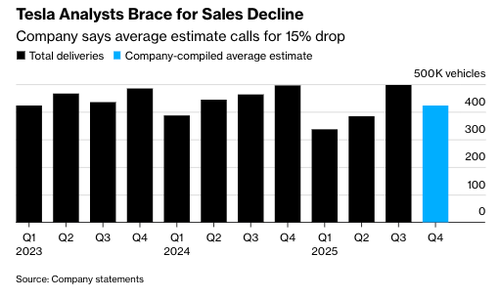Three years ago this month, when three teen boys held 18-year-old Barnard student Tessa Majors down near Morningside Park and stabbed her to death, it was enough of an aberration that all New York was shocked. Such femicide in New York City is no longer so unusual.
With 2022 nearly over, 74 women and girls have been killed this year, at least a seven-year high, even as overall murders decline.
The increased danger for women and girls, on the streets and in their own homes, means we can’t call this year’s 11% decline in murders (through Dec. 11) an unqualified success.
Yes, under Mayor Eric Adams, the NYPD is aggressively targeting gang members and gun crimes in particular, and it’s paying off, with shootings down 17% for the year.
This success re-proves the obvious: Intense enforcement against crime, and at least a modicum of prosecutorial cooperation, will cut crime.
But this leaves vast areas of the criminal-justice and mental-health systems still dysfunctional — and this year, women are paying the disproportionate price.
This year’s 74 victims are a 12% increase over 2021’s full-year total of 66. Between 2016 and 2020, the average number of female victims each year was 57, and the total in any one year never exceeded 63. In 2020, even as overall homicide soared, the number of female murder victims didn’t increase. But now it’s catching up.
Thanks to this year’s overall murder decline, total homicides (men, women and children) are “just” 27% above the full-year levels of 2019, before crime soared. This year’s 74 female victims are a 25% increase over 2019, which saw 59 victims.
The higher tally is partly a function of New York’s heightened random disorder and danger. In hindsight, Tessa Majors wasn’t an exception but the start of a new trend.

At least 11 women were murdered by complete strangers in 2022, from Michelle Go, pushed under the subway in January, to EMS Lt. Alison Russo-Elling in Queens in September, both by suspects with histories of mental illness.
These stranger femicides were once rare. Over the four full years through 2021, “only” seven women and girls were killed by strangers. And most women and girls are killed by people they know.
The latest example is 16-year-old Saniyah Lawrence, knifed to death, allegedly by her jealous 18-year-old boyfriend, in early December. Before Lawrence was Raelynn Cameron, 17, killed in Brooklyn in October when she resisted an older man’s sexual assault in an apartment.

Just because a killing happens behind closed doors doesn’t mean it was unpreventable. The suspects in both Lawrence’s and Cameron’s killings have long and recent criminal records.
And where is the talk from progressives about “toxic masculinity” when these two underage girls were casually killed for asserting their autonomy relative to a possessive or self-entitled man?
Then there’s aspiring singer Keyaira Rattray-Brothers, also 17, whose murder was nothing if not preventable.
Rattray-Brothers was one of two victims shot and killed in two separate Manhattan and Brooklyn shootings allegedly committed by Sundance Oliver.
Though just 28 years old, Oliver had racked up 31 arrests and served prison time for violent robbery. But despite an arrest for gun possession in 2020 just after his release and another this year, he remained free on state parole.

(Rattray-Brothers’ parents don’t know whether she knew her killer or not; if not, she may be at least the 12th New York woman killed by a stranger this year.)
And there was 4-year-old Liliana Merdy, killed along with her two brothers, Oliver and Zachary, allegedly by their mother, Erin Merdy. Erin Merdy was in charge of the children, despite increasingly erratic behavior and a recent history with child-protective officials.
Drugs, too, aren’t helping. Jabari Burrell had no recent criminal record, but he was high on pot when he allegedly knifed three female relatives — Hyacinth Brown-Johnson, Latoya Gordon and Patrice Johnson — in Queens in November. New York isn’t just decriminalizing pot use but actively encouraging it, despite evidence that strong pot and violence, sometimes psychosis-induced, go together.
Keechant Sewell, New York’s first woman police commissioner, is keenly interested in gender-equality issues, and she should be.
New York’s women and girls need her help in making them safe again — including speaking out when non-police failures, such as bail reform and unaccountability in mental-health treatment, prevent her from doing her job.
Nicole Gelinas is a contributing editor to the Manhattan Institute’s City Journal.















